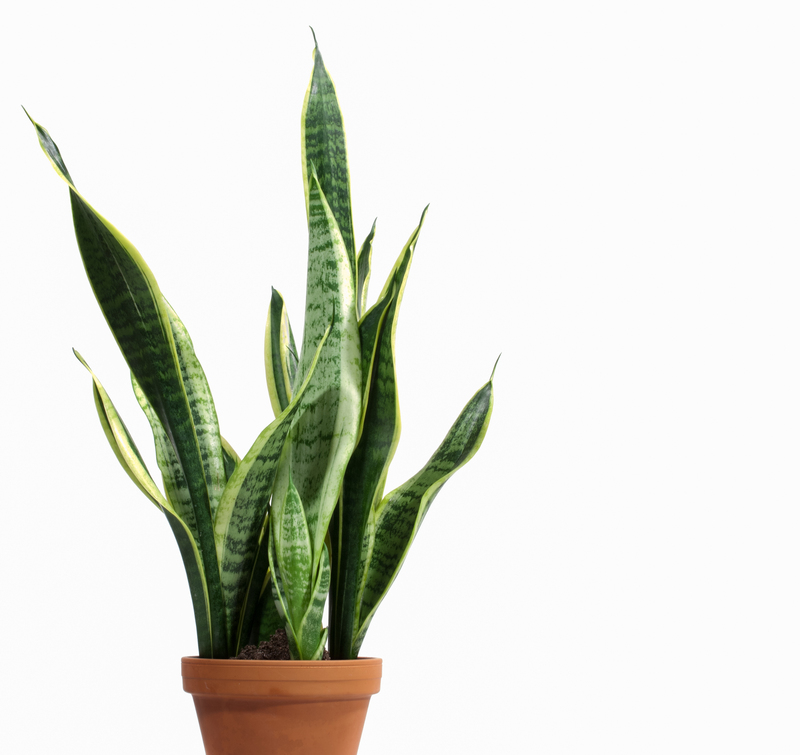Convert Organic Scraps to Lush Soil
Posted on 05/10/2025
Convert Organic Scraps to Lush Soil: A Comprehensive Guide to Eco-Friendly Composting
Transforming kitchen waste and yard trimmings into rich, fertile earth is one of the most practical and rewarding ways to help the environment from your own backyard. Converting organic scraps to lush soil not only diverts tons of waste from landfills but also enriches your garden with valuable nutrients. This in-depth article guides you through everything you need to know about making compost from your household and garden waste, unveiling secrets to success and providing sustainable solutions for every home gardener.

Why Should You Convert Kitchen Scraps and Garden Waste to Fertile Soil?
Every day, homes and businesses generate mountains of organic scraps--vegetable peels, coffee grounds, eggshells, leaves, grass clippings, and more. Instead of sending this nutrient-rich material to a landfill, you can create lush, productive soil through composting.
The Environmental and Economic Benefits
- Reduces landfill waste: Organic matter comprises up to 30% of household waste. Composting drastically decreases landfill usage and methane emissions.
- Improves soil structure: Compost enhances the soil's ability to retain moisture and nutrients, which means healthier plants and reduced water usage.
- Lowers garden costs: High-quality, homemade compost reduces or eliminates the need for store-bought soil conditioners and chemical fertilizers.
- Encourages biodiversity: Rich, organic soil supports a healthy ecosystem filled with beneficial insects, worms, and microorganisms.
The Science Behind Turning Organic Waste into Nutrient-Dense Soil
Composting is a natural, biological process where microorganisms, worms, fungi, and insects break down organic materials (like fruit peels and leaves) into humus--the dark, crumbly, nutrient-rich component of soil. This soil amendment feeds your plants and improves overall garden health.
Core Ingredients for Converting Waste to Soil
- Greens: Nitrogen-rich material such as grass clippings, fruit and vegetable scraps, coffee grounds, and tea bags.
- Browns: Carbon-rich material like dry leaves, branches, straw, shredded paper, and cardboard.
- Water: Moisture is essential for the decomposition process, but keep your pile damp, not soggy.
- Oxygen: Airflow is critical for aerobic decomposition and to prevent foul odors.
Step-By-Step Techniques to Transform Organic Scraps to Lush Soil
Are you ready to start composting? Here's your step-by-step roadmap to turn kitchen and yard waste into black gold:
1. Choose Your Composting Method
There are multiple ways to convert organic debris into productive soil. Your choice depends on space, amount of waste, and how actively you want to manage composting.
- Backyard compost pile: The most traditional method, ideal for larger gardens and yards.
- Compost bin or tumbler: Great for smaller spaces and those looking to speed up the composting process or keep things tidy.
- Vermicomposting (worm bins): Perfect for indoor or small-scale composting using red worms to break down food scraps rapidly.
- Bokashi composter: Uses anaerobic fermentation to quickly pre-process kitchen waste; especially handy for urban homes.
2. Select the Location and Container
Pick a dry, shady, and convenient spot near a water source for your compost heap or bin. Ensure your bin allows for proper air flow and drainage to reduce odor and speed up decomposition.
3. Gather and Prepare Your Scraps
- Do add: Fruit and veggie peels, eggshells, coffee grounds, tea bags, houseplant trimmings, yard clippings, leaves, shredded newspaper.
- Don't add: Dairy products, meats, oils, pet feces, diseased plants, or anything treated with chemicals.
Chop larger materials for faster breakdown and avoid big woody branches unless shredded.
4. Build Your Compost Pile
- Start with a layer of coarse browns (twigs or straw) for aeration.
- Add alternating layers of greens (kitchen scraps) and browns (leaves, paper). Aim for about 2-3 parts brown to 1 part green.
- Maintain moisture like a wrung sponge--damp but not soaking.
- Ensure airflow by turning the pile every 1-2 weeks or use a tumbler to rotate it easily.
Best Practices for Hassle-Free Composting
Balance Greens and Browns
A good compost heap requires the right blend of nitrogen-rich greens and carbon-rich browns. Too many greens can lead to a smelly, soggy mess; too many browns slow decomposition. Adjust the mix until the pile feels warm and decomposes efficiently.
Monitor Moisture and Temperature
Your compost should be moist but not dripping. Overly wet piles lack oxygen and may rot, while dry piles stall decomposition. In hot piles, the center should feel warm (ideally 120?F-160?F) indicating that microbes are hard at work.
Speed Up Decomposition
- Chop or shred materials to increase surface area for microbes.
- Turn the pile regularly to introduce oxygen and even out temperatures.
- Add high-nitrogen materials sparingly to keep the breakdown active.
- Consider commercial compost starter or a shovelful of finished compost to introduce essential bacteria.
Avoid Composting Pitfalls
- No meat, dairy, or oily foods: These attract pests and cause bad odors.
- No weeds gone to seed or diseased plants: They may survive the process and spread in your garden.
- No pet waste or chemically-treated plants: These may introduce toxins.
Harvesting and Using Your Homemade Lush Soil
When Is Compost Ready?
After 2 to 6 months (with regular turning and optimal conditions), your compost will look dark, crumbly, and earthy-smelling. None of the original scraps should be recognizable. This is your lush, living soil amendment!
How to Use Organic Compost
- Mix into garden beds: Work in 1-2 inches of finished compost into topsoil to enhance fertility.
- Mulch around plants: Apply a thick layer as mulch to suppress weeds, retain moisture, and feed roots.
- Potting mixes: Blend sifted compost with soil for healthy container plants.
- Lawn top-dressing: Sprinkle as a natural fertilizer to green up lawns.
Special Tips for Urban and Small-Space Composting
Living in an apartment or small home? You can still make rich soil from kitchen scraps using compact solutions like indoor worm bins, bokashi buckets, or countertop composters designed to prevent odors. Community gardens and municipal compost drop-offs are other great options for the eco-minded city dweller.
Troubleshooting Common Composting Issues
Why is My Compost Pile Not Heating Up?
- Insufficient greens/nitrogen--add more kitchen scraps or grass clippings.
- Pile too small--aim for at least 3x3x3 feet.
- Too dry--add water and turn the pile.
Why Does It Smell Bad?
- Too many wet greens--add more browns (leaves, paper) and turn for oxygen.
- Poor aeration--turn more frequently or improve airflow in the bin.
Are Pests Becoming a Problem?
- Do not compost meat, dairy, or oils.
- Cover food scraps with browns or use a closed bin with a secure lid.

Composting and Soil Enrichment for the Future
The simple act of transforming vegetable peels, coffee grounds, and yard clippings into fertile earth is both ancient and cutting-edge. As more cities ban organic waste from landfills and gardeners seek sustainable soil-building methods, converting organic scraps to lush soil will continue to grow in importance. By adopting composting, you're not just nourishing your own plants--you're joining a global movement for healthier soil and a cleaner planet.
Additional Resources for Every Gardener
- Local extension offices: Offer composting workshops and advice tailored to your climate.
- Community compost programs: Share resources and knowledge with like-minded neighbors.
- Online guides and forums: Connect with experienced composters for troubleshooting and tips.
Conclusion: Reap the Rewards of Turning Organic Scraps Into Rich, Productive Earth
Composting is an easy, eco-friendly practice that anyone can implement--regardless of garden size or experience. By converting organic scraps into lush, living soil, you reduce waste, build healthier plants, and contribute to a sustainable future. Start your compost journey today, and watch your gardens--and the planet--thrive!
Latest Posts
Convert Organic Scraps to Lush Soil
The Art of Cultivating in Containers
Creative Shapes to Enhance Your Garden

